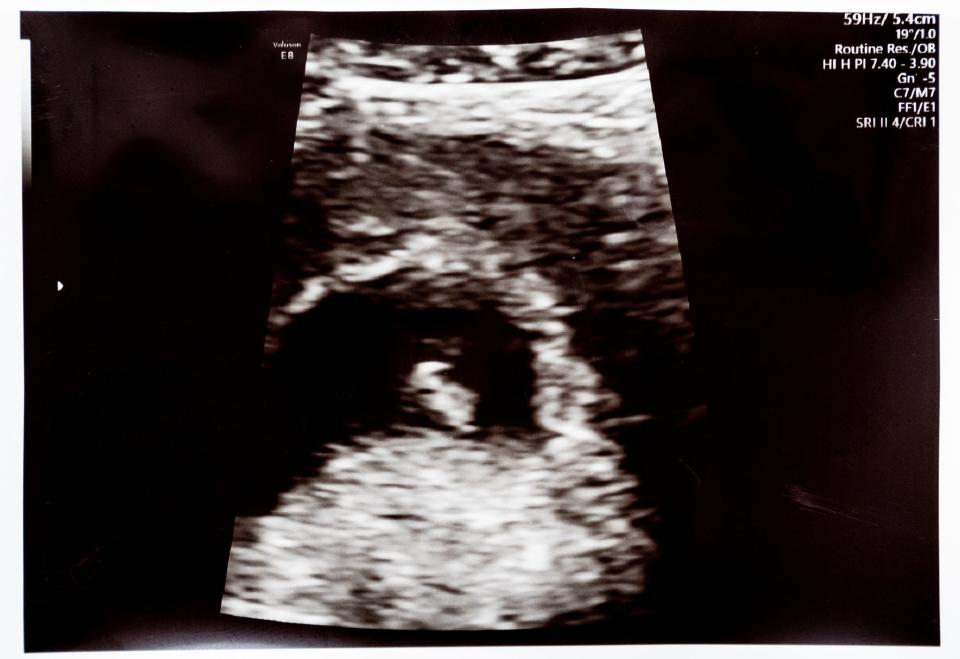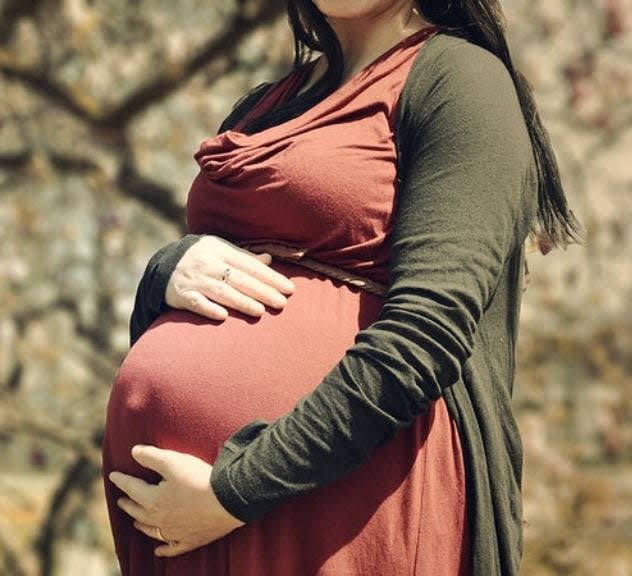Doctor: A woman's uterus 'is not a cathedral.' Reason is being dominated by misguided faith
A lifelong resident of Cortland, Ohio, Timothy A. Niemi is an emergency physician at several hospitals in Ohio and Pennsylvania.
It is with great sadness and trepidation that we read the Supreme Court decision on human medical abortion. As physicians and biologists, we bring a perspective that is unique and pertinent to this issue.
While many of our religious leaders would state otherwise, there is nothing spiritual or godly about human reproduction. The female uterus is not a sanctuary or cathedral, but the location of embryonic implantation.
More: Democratic lawmakers want to protect abortion access by amending Ohio's constitution
This is no more astounding than the role of the neuron in the brain or the myocyte in the heart. While these processes are quite wondrous, it is still very much biology, the understanding of which is reason and not faith.

In the Supreme Court opinion by Justice Samuel Alito, he states repeatedly that no support for Roe v. Wade can be found in the U.S. Constitution. We respectfully disagree.
More: Rabbis: Abortion 'not only allowed but necessary' under our religious law.
Since human reproduction represents genitourinary biology and is no different than any other organ system, the female citizen must be viewed as a total biological unit. Her uterus cannot, in isolation, become a ward of the state when pregnancy develops.
Therefore, the state cannot claim supremacy over the pregnancy without claiming supremacy over the individual.
We hold this truth of inseparability to be self-evident and completely independent of all other privacy issues.

More: How to submit guest opinion columns to the Columbus Dispatch
There is no universal or unified opinion as to when a human fetus becomes a person, prior to childbirth. The Supreme Court has stated that a fetus does not enjoy Fourteenth Amendment civil rights. Since federal civil rights are not granted to the fetus, then the state cannot unilaterally assign civil rights to the fetus, without violating the federal rights of the mother, who enjoys Fourteenth Amendment protection.
More: Anti-abortion Ohioans 'joyous' over Supreme Court decision, say more work to be done
The state has no role to play in this discussion, other than participating in the ratification of a constitutional amendment, defining the establishment of fetal civil rights. Solid constitutional grounds support this opinion.
This controversy over human medical abortion prior to fetal viability is largely a religious issue. Therefore, its resolution must be congruent with the First Amendment of the Constitution.
Opposition to Roe v. Wade is based on the very popular notion that the medical procedure is an affront to the genuinely perceived spiritual convictions of a religious majority. But that is religion, and not science.
Since this is true, the role of our Constitution is clear. First Amendment protection exists for all pregnant women, and for physicians and biomedical scientists. It is here where we find the greatest Constitutional support for Roe v. Wade. Freedom of religion, no matter how small of a minority one’s personal beliefs represent, is paramount to this discussion.

The very act of overturning Roe v. Wade was inherently unconstitutional. It violated the Establishment Clause of the First Amendment and created a religion under the guise of state government, controlled by faith and not reason.
More: No room for religious liberty in abortion debate? Since when are we a one-faith nation?
Therefore, the Constitution did not give the Supreme Court the authority to grant civil rights to the human fetus, prior to fetal viability. Roe v. Wade should not have been overturned without a new constitutional amendment.
The religious majority can learn to live with this fact.
A lifelong resident of Cortland, Timothy A. Niemi is an emergency physician at several hospitals in Ohio and Pennsylvania.
This article originally appeared on The Columbus Dispatch: Opinion: Overturning Roe violated Constitution, mother's civil rights

